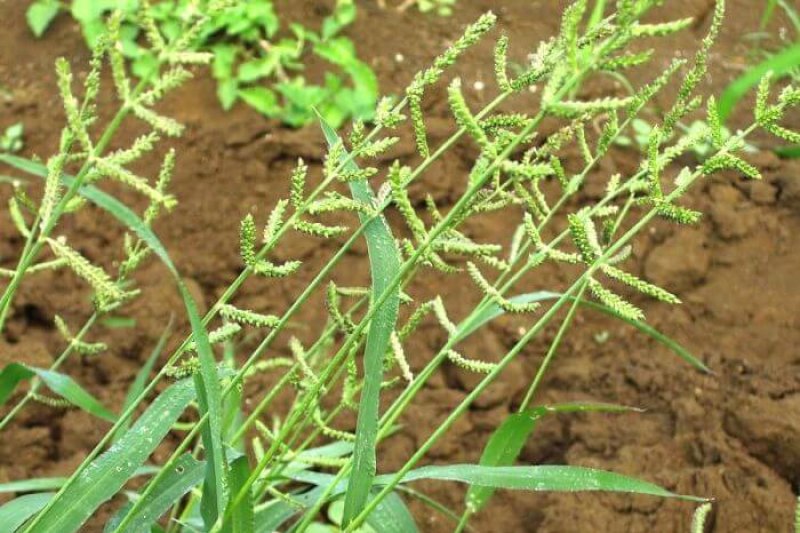Researchers have claimed a world first …. after discovering a tropical weed in Western Australia’s far north that literally eats glyphosate.
Glyphosate …. has been the most frequently used herbicide on the planet, mainly because most plants cannot metabolise it, or break it down. But a barnyard grass population in the Ord irrigation scheme is the first weed scientifically proven to be the exception to the rule.
Professor Stephen Powles is among a group of researchers at the Australian Herbicide Resistance Initiative who have spent the best part of a decade trying to crack the mystery behind this supposed ‘super weed’.
…
“This young man Dr Pan Lang from China started these studies using sophisticated modern genetic tools [and] we were able to identify a gene called the AKR gene that we thought might be responsible.
…
“By doing so we were able to identify this population of barnyard grass from Kununurra in WA, is the first population in the world to have evolved resistance to glyphosate due to the ability to metabolize glyphosate and de-toxify it.”
…
“The bottom line for farmers who are using glyphosate is a variation of the old line — when you’re on a good thing, don’t stick to it,” [Powles] said.
Read full, original article: Metabolism-based glyphosate resistance discovered in weed in Western Australia’s Ord irrigation scheme































